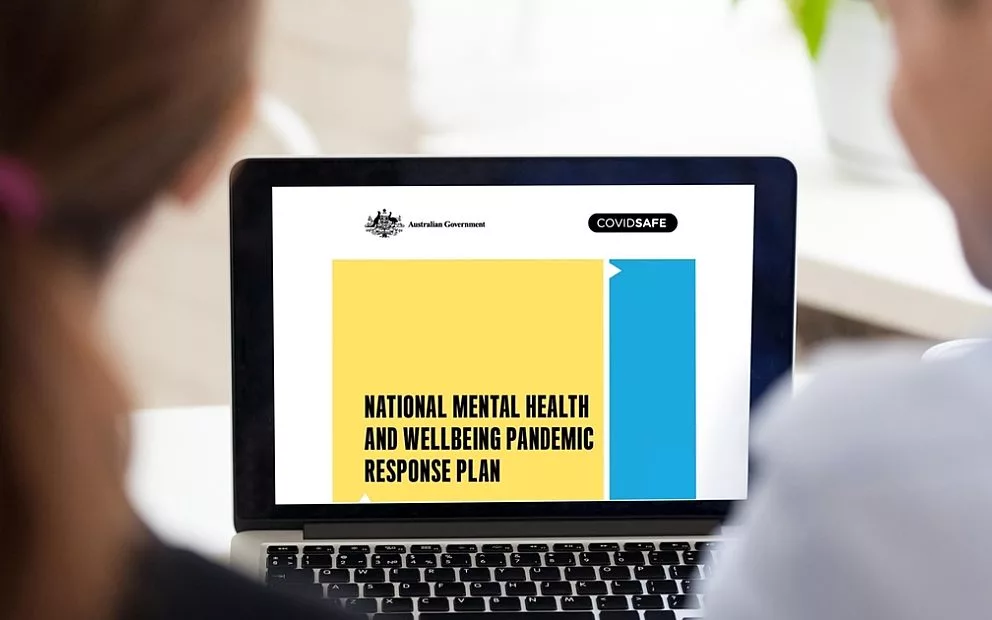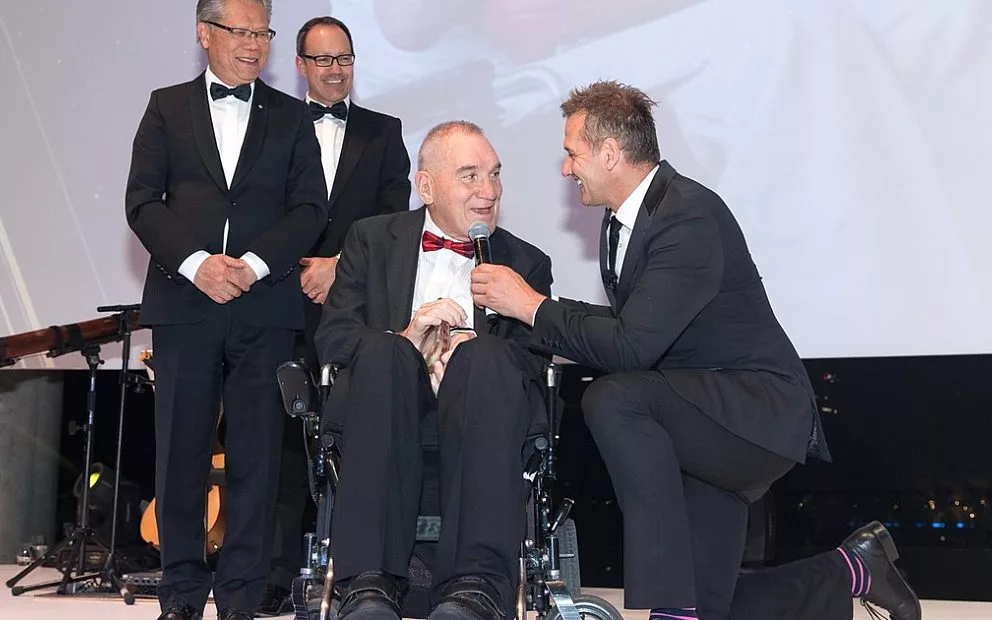SAHMRI and its Wellbeing and Resilience Centre (WRC) warmly welcome the National Mental Health and Wellbeing Pandemic Response Plan as a critical measure to help Australians manage the mental health challenges presented to us by COVID-19.
Immediate action is needed to mitigate the far-reaching mental health impacts of this pandemic. That action, as the plan states, must involve collaboration and innovation across all levels and jurisdictions.
SAHMRI’s WRC is in a strong position to contribute broadly to this brighter future.
While Australia and Australians are clearly suffering during this pandemic, we are also presented with opportunities to make overdue but sustainable changes that bring long-term and far-ranging benefits.
The national plan outlines the need for innovation and collaboration, for early interventions, for addressing societal issues such as domestic violence, for building mental health literacy, for a larger role for lived experience – these are all hallmarks of good mental health care and strategies that can ultimately build a stronger mental health care system well beyond the pandemic.
The national plan identifies data collection and modelling as vital tools. The WRC, with support from the South Australian Government, has launched an online wellbeing and mental health measurement platform. The tool is free and available to be deployed broadly as one of the monitoring mechanisms called for by the National Mental Health and Wellbeing Pandemic Response Plan. This tool doesn’t just look at mental illness, it comprehensively measures mental health and wellbeing and can be adapted to capture other relevant data points.
An essential part of an effective response is clarity around the terms involved. Mental health is not the same as mental illness. Like physical health, we should exercise our mental health to improve and sustain it. Our research shows the importance of focussing on social and emotional wellbeing as people with low wellbeing are up to eight times more likely to develop mental illness.
The WRC has a distinguished history of delivering mental health services, including training, through the workplace and the community – a strategy that’s supported by the national plan’s call to have novel and traditional mental health services working side-by-side to adapt models of care and protect the wellbeing of frontline staff.
We have seen first-hand the spike in demand for mental health and wellbeing services through our Be Well Plan online platform that was launched at the start of April in collaboration with Flinders University’s Orama Institute. The development of the Be Well Plan mobile app, currently underway, will also provide a scalable, lower intensity technology solution to meet the demand across the community. Only when we start looking at integrating services at all levels of mental health care, and when we start acknowledging the importance of promoting wellbeing in both clinical and sub-clinical populations, will we truly coordinate journeys of care for all Australians, not just those with the most complex needs.
The WRC’s variety of proven, evidence-based resources and expertise are available to help Australians navigate this crisis to emerge with a stronger, more integrated and more effective mental health care system.
Professor Steve Wesselingh
Executive Director
SAHMRI
Joep van Agteren
Research and Development Lead
Wellbeing and Resilience Centre


